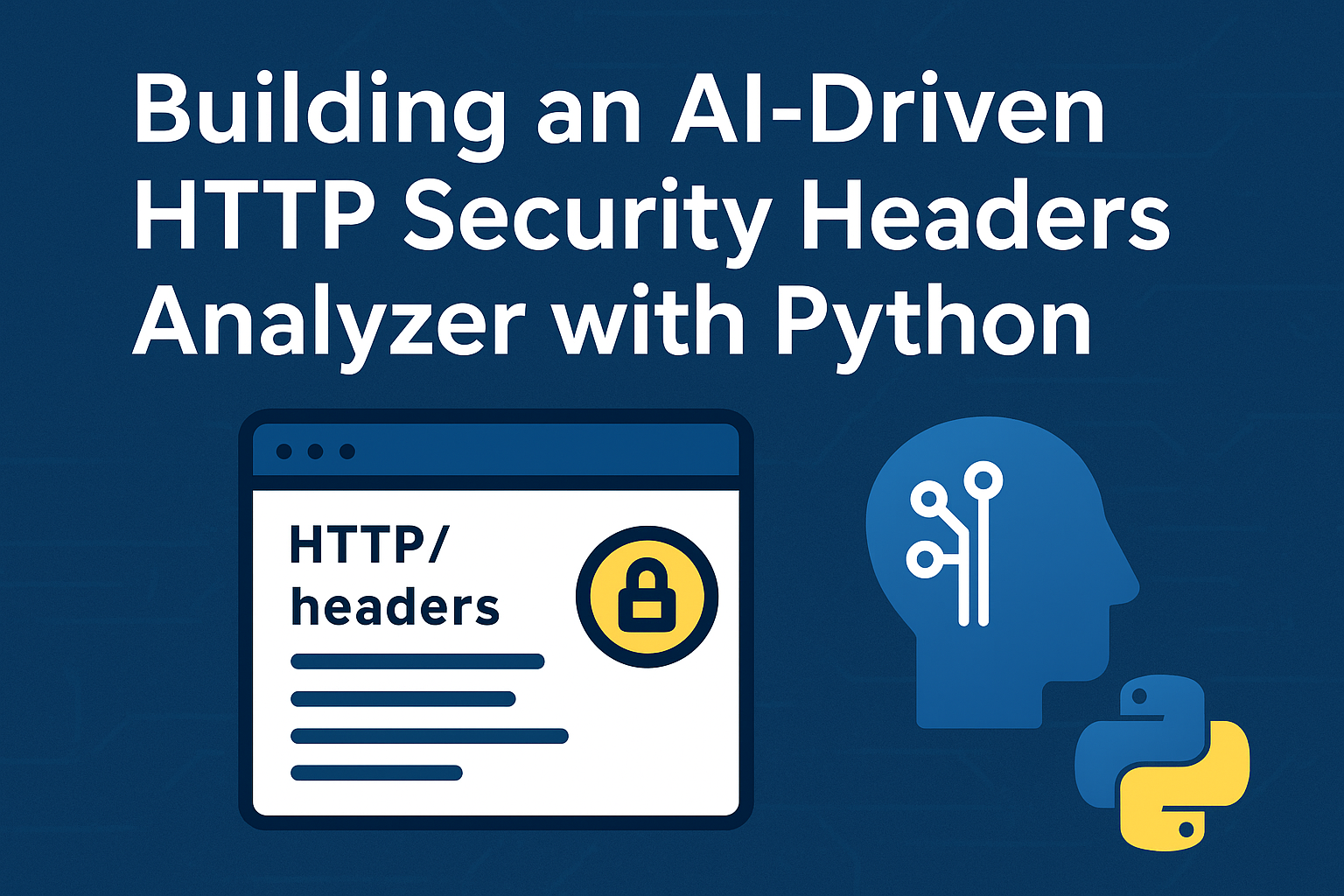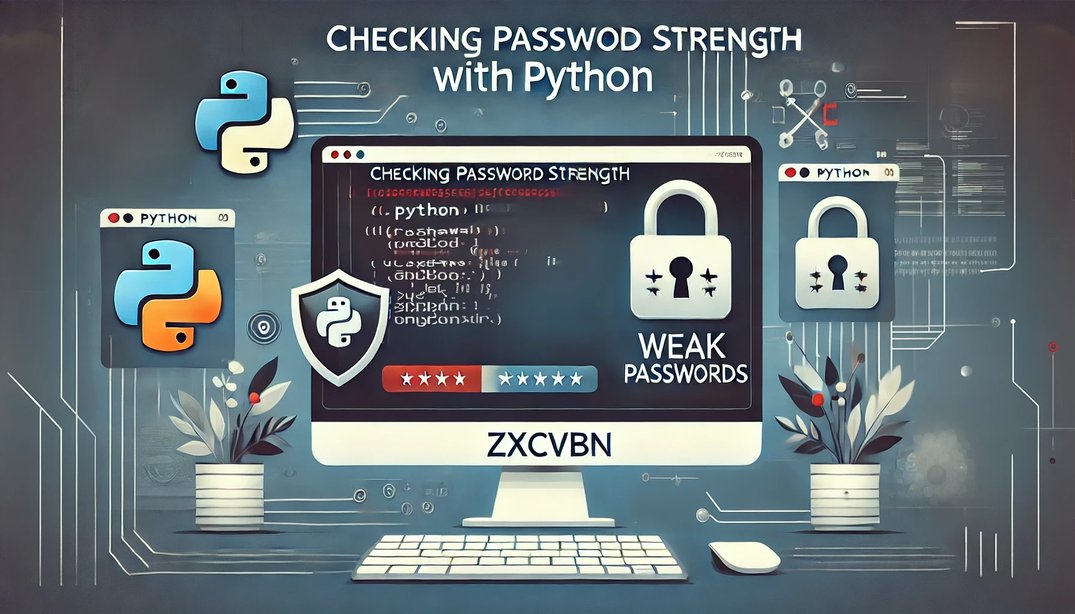Ethical Hacking Tutorials
Get Our Ethical Hacking with Python EBook
Master Ethical Hacking with Python by building 35+ Tools from scratch. Get your copy now!
Download EBookLearn how to develop your own ethical hacking tools using Python, including password crackers, brute force scripts, information gathering tools, sniffing and much more.

Building an AI-Driven HTTP Security Headers Analyzer with Python
Build a Python tool that checks HTTP security headers and uses DeepSeek AI to provide practical insights, missing protections, and security recommendations.

Crafting Dummy Packets with Scapy Using Python
Discover how to create custom dummy packets using Python's Scapy library to simulate network traffic, test firewall rules, and monitor latency. This tutorial covers practical examples for TCP, ICMP, and UDP packets, with real-world applications in network performance monitoring.

How to Build a Custom Netcat with Python
Learn how to create a custom Python-based Netcat tool for network debugging, file transfers, and remote command execution. Perfect for networking and cybersecurity enthusiasts, this guide provides hands-on code and practical examples.

How to Make a Clickjacking Vulnerability Scanner with Python
Learn how to create a Python script to detect clickjacking vulnerabilities in websites. This tutorial covers the basics of clickjacking, protection methods, and provides step-by-step instructions to build a simple yet effective clickjacking vulnerability scanner.

How to Perform Reverse DNS Lookups Using Python
Learn how to perform reverse DNS lookups and find other websites hosted on the same server using Python and the ViewDNS API. Perfect for network administrators and cybersecurity professionals.

How to Check Password Strength with Python
Learn how to check password strength in Python using the zxcvbn library. This guide walks you through installing zxcvbn, importing necessary libraries, and creating functions to test single and multiple passwords. You'll securely input passwords and receive feedback on their strength.

How to Remove Persistent Malware in Python
Learn how to detect and remove persistent malware using Python in this step-by-step tutorial. Explore methods for automating malware removal across Windows and Linux systems by manipulating startup entries and crontab files.

How to Make Malware Persistent in Python
Learn how to achieve persistence for malware using Python, ensuring it remains active after system reboots. This tutorial guides you through implementing persistence techniques on both Windows and Linux systems, from modifying registry settings to setting up cron jobs.

How to Exploit Command Injection Vulnerabilities in Python
Automate the detection and exploitation of OS command injection vulnerabilities using Python. This comprehensive guide covers setting up a test environment with DVWA and Metasploitable, detecting vulnerabilities, and automating tests with custom scripts.

How to Build Spyware in Python
Create a spyware in Python in this guide. Learn to build a surveillance tool that captures live video streams via a client-server architecture, with practical insights into network communication and video handling using OpenCV.

How to Extract Metadata from Docx Files in Python
Learn how to extract metadata from .docx files using Python-docx, a vital skill in digital forensics for analyzing document origins and malware tactics. This guide covers installation, coding with Python, and practical metadata analysis techniques.

How to Remove Metadata from PDFs in Python
Learn to safeguard privacy by removing metadata from PDFs using Python's PyPDF2 in this tutorial. Discover how metadata can expose sensitive information and how to erase it to protect confidentiality, with step-by-step code guidance and practical examples.

How to Find Past Wi-Fi Connections on Windows in Python
Discover how to reveal all previously connected Wi-Fi networks on a Windows computer using Python, a crucial tool in digital forensics to unearth networks thought to be forgotten but stored in the Windows Registry.

How to Build a Username Search Tool in Python
Learn how to build a Python script that checks if a given username is available or taken across popular social media sites like Instagram, Facebook, Reddit, and more using concurrent requests in Python.

How to Remove Metadata from Images in Python
Learn to protect your privacy by deleting metadata from images using Python and the Pillow library in this step-by-step tutorial, perfect for enhancing security.

How to Implement 2FA in Python
Learn how to enhance security with Python by implementing Two-Factor Authentication (2FA) using TOTP and HOTP algorithms. This comprehensive guide covers everything from generating OTPs with pyotp to integrating with authenticator apps.

